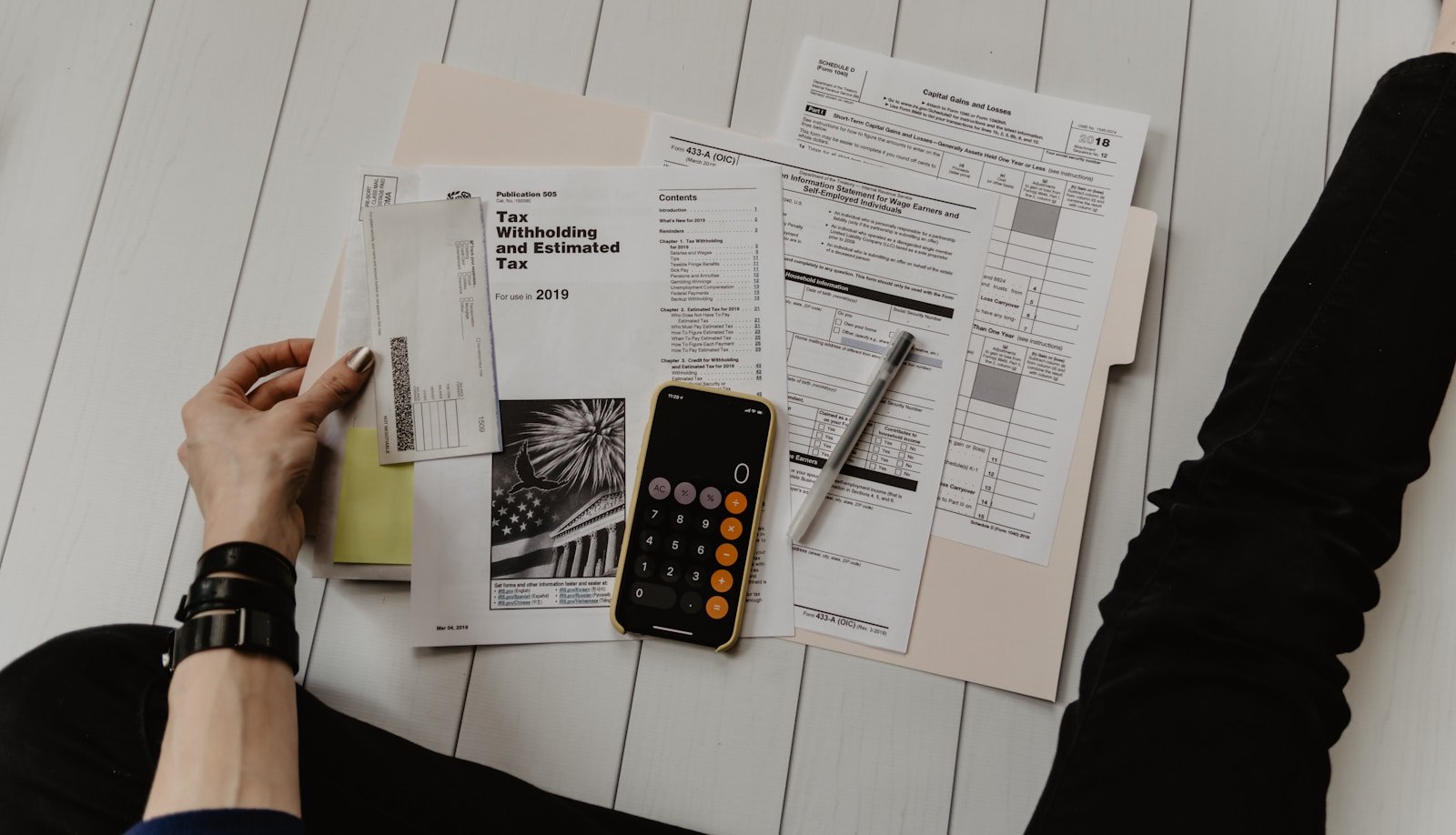How to Handle Financial Emergencies Without Panic
How to Handle Financial Emergencies Without Panic Introduction In today’s uncertain and ever-changing world, financial emergencies can strike without warning, leaving many individuals feeling overwhelmed and panicked. However, it is essential to remain calm and composed in such situations in order to navigate through them effectively. In this blog post, we will explore various strategies and tips on how to handle financial emergencies without succumbing to panic. Understanding Financial Emergencies Financial emergencies can come in many forms, such as unexpected medical expenses, job loss, natural disasters, or major home or car repairs. These situations can disrupt our financial stability and cause immense stress and worry. The first step in handling a financial emergency is to assess the situation calmly and rationally. Take a moment to understand the nature and extent of the emergency, and consider all possible options for resolving it. Creating an Emergency Fund One of the best ways to prepare for financial emergencies is to have an emergency fund in place. An emergency fund is a separate savings account specifically designated for unexpected expenses. Experts recommend having at least three to six months’ worth of living expenses saved in an emergency fund. By building up this financial cushion, you can mitigate the impact of unexpected emergencies and avoid falling into debt. Utilizing Available Resources In times of financial crisis, it is important to explore all available resources for assistance. This may include government programs, community services, or financial aid organizations. Reach out to local charities, non-profit organizations, or religious institutions that may offer support to individuals in need. Additionally, consider contacting your creditors or lenders to discuss payment options or request a temporary reprieve during the emergency period. Seeking Professional Advice When facing a complex financial emergency, it may be beneficial to seek the guidance of a financial advisor or counselor. These professionals can provide expert advice on managing your finances, budgeting effectively, and creating a plan to overcome the crisis. They may also offer recommendations on debt consolidation, negotiation with creditors, or other financial strategies to help you through the emergency. Practicing Self-Care and Stress Management During a financial emergency, it is crucial to prioritize self-care and stress management. High levels of stress and anxiety can impair your ability to make sound financial decisions and can negatively impact your overall well-being. Engage in stress-relieving activities such as meditation, exercise, or spending time with loved ones. Remember to take care of your physical and mental health during this challenging time. Long-Term Financial Planning In the aftermath of a financial emergency, it is essential to evaluate your long-term financial goals and make necessary adjustments to your financial plan. Use the experience as an opportunity to reassess your budget, savings goals, and financial priorities. Consider working with a financial planner to create a more robust financial strategy that includes emergency preparedness and risk management. Bonus: What is an Emergency Fund? | How to build it? | Personal Finance for Beginners Ep – 1 Watch this video on YouTube: https://www.youtube.com/watch?v=vO2KGm8NM8E Conclusion While financial emergencies can be daunting and stressful, it is possible to navigate through them with resilience and determination. By remaining calm, assessing the situation, leveraging available resources, seeking professional advice, practicing self-care, and incorporating long-term financial planning, you can effectively handle financial emergencies without succumbing to panic. Remember, challenges are a part of life, but with the right mindset and support system, you can overcome any obstacle that comes your way. Remember, financial emergencies are a part of life, but with the right approach and mindset, you can overcome them successfully. Stay strong, stay focused, and remember that you are not alone in this journey towards financial stability and security. Explore more in Personal Finance for Beginners















